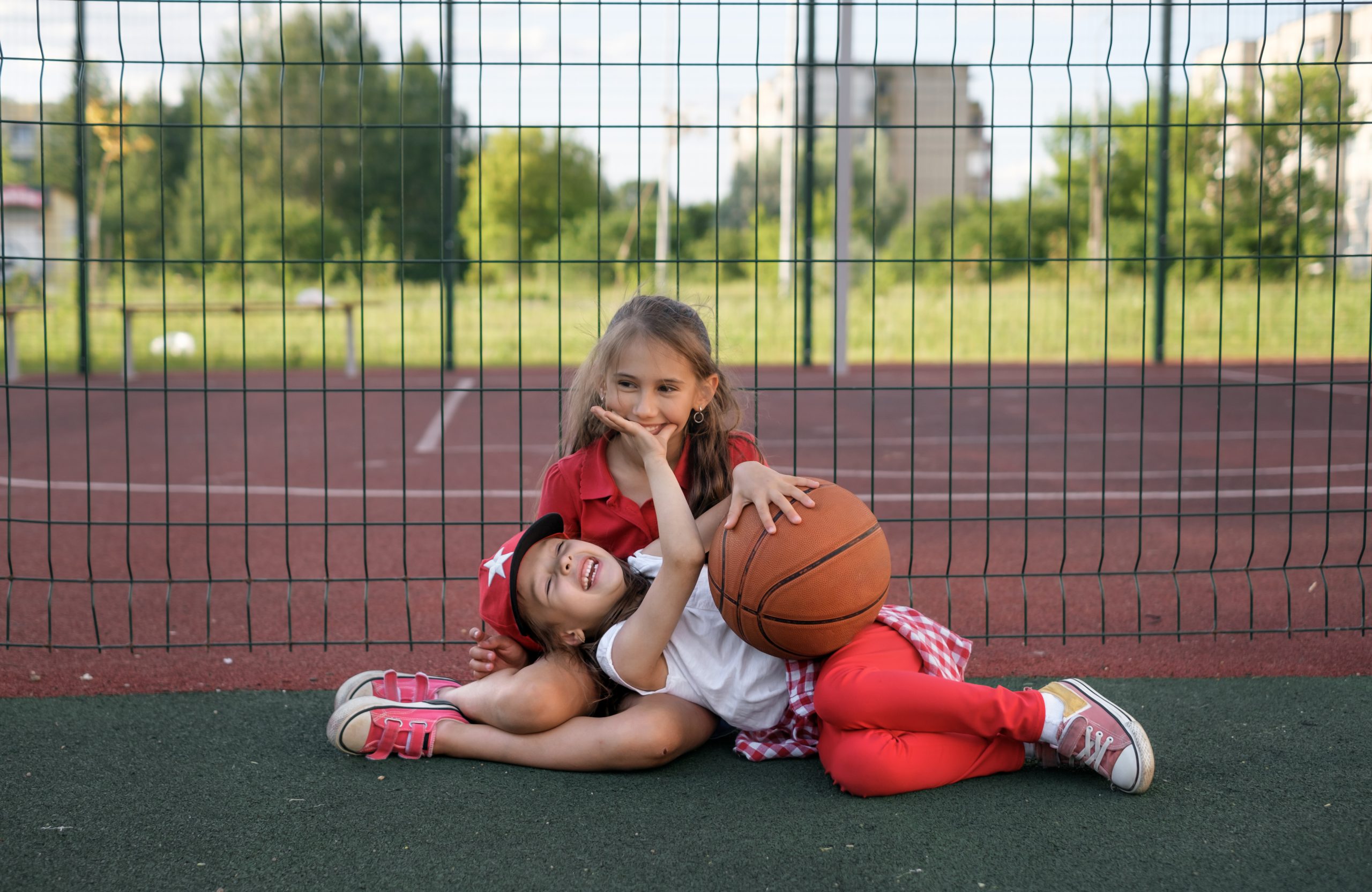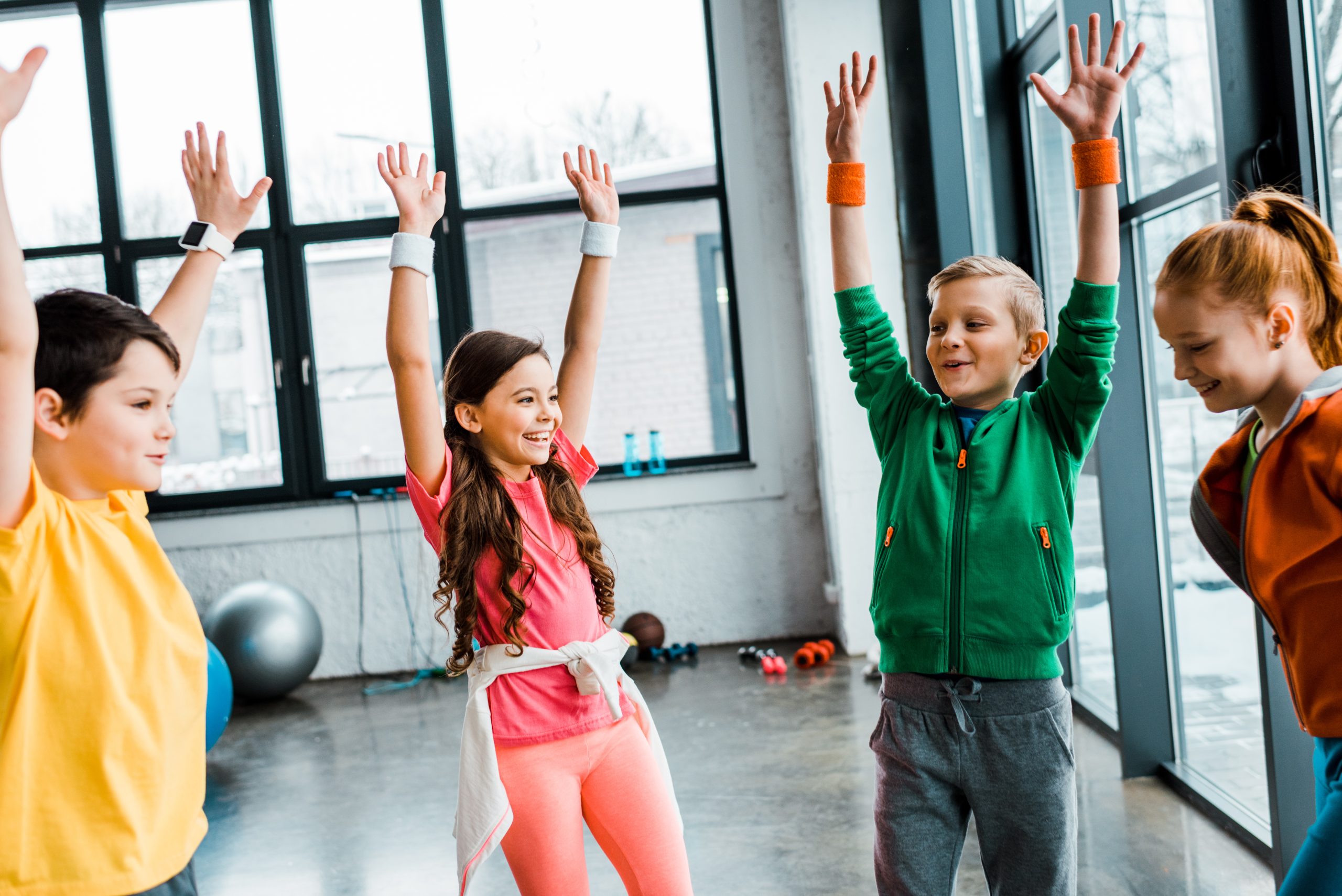 +44 07513 522 896
+44 07513 522 896
 info@ptcsports.co.uk
info@ptcsports.co.uk


Have you ever noticed how a simple after-school sports session can do more than just tire kids out? It turns out, it can genuinely shape their future! A recent study commissioned by Sky and carried out by Public First found that girls in the UK who take part in after-school sports are 50% more likely to reach top professional roles later in life. That’s about the same impact as getting a university degree (The Guardian, 2025).
According to the research, women who played sports as children were significantly more likely to achieve senior professional roles later in life. These results are not a surprise to us though, as we know all the physical and mental benefits of sports.
However, we are disappointed to report that despite this benefit, girls are still much less likely to play a sport than boys. In fact, girls annually participate in 280 fewer hours of sport. At PTC Sports, we feel passionate about changing this inequality, and in this blog, we’ll be diving into the benefits of sports and how we can spark change.
Resilience is the Strongest Muscle
Contrary to common knowledge, participating in sports isn’t just about scoring goals or running fast. It’s those micro moments: learning a tricky skill, getting it wrong, but picking yourself up and trying again. Every success and failure builds confidence, adaptability, discipline and, most importantly, resilience.
Research findings demonstrate that females with a childhood history of sports cope with stress, handle pressure and recover faster up to a third more than those who didn’t play sport as children. In addition, those studies show that active children become active adults who are more open to enjoying trying new things, thus opening the door to more experiences and career opportunities.
The science is extremely exciting, but unfortunately, only 45% of 10–15-year-old girls currently participate in the UK recommended levels (Sports England, 2024). This is a clear missed opportunity and an easy way to enrich our girls to both invest in and enhance their future.
Sports, especially team sports, provide the foundations for many life skills that extend beyond the playground. Athletic pursuits refine leadership, communication and collaborative skills. Reports also demonstrate higher self-esteem, social skills and confidence. At a time when most children’s peer interactions are virtual, sport provides a fantastic opportunity to develop emotional intelligence and interpersonal skills, which improve academic quests, further studies and provide lifelong skills for professional life.
Eliminating Hurdles and Barriers
The most significant barriers for girls partaking in sports are cost, distance, and access to facilities (Sport England, 2024). The good news is that the UK Government is investing £400 million into grassroots sports, making sure opportunities exist for all children, regardless of their background.
Together, we can make a difference starting now, providing access to exercise and sports with increased availability and provision in both schools and after-school clubs. Our aim is to create spaces that are safe, inclusive, fun, and welcoming, which, in our experience, can make all the difference.
PTC Sports: The Answer for Raising Active Kids
At PTC Sports, we keep moving even when the school bell rings at the end of the day. Our iconic after-school clubs and holiday programmes aim to keep children active, moving, and, most importantly, having fun. We pride ourselves on providing a wide range of activities which eliminate gender stereotypes, ensuring an inclusive space for children to thrive regardless of skill or capability.
Our highly trained coaches are skilled in empowering every child by celebrating every success, no matter how small, to ensure that every child feels able and safe to try something new. From athletics and football to gymnastics and multi-sport sessions, the focus is on confidence, happiness, and skills that enrich them for life.
Whether you’re a teacher or a parent, if you want to ensure you give your pupils and kids the best start, explore our after-school packages and holiday clubs. We are fully committed to advancing opportunities for girls’ access to sport for a brighter future. Contact us today to get started.

Ask any parent or teacher what their biggest challenge is when it comes to learning, and the answer’s usually the same: “They just can’t sit still!” This is especially true in September when returning to school after the holidays. As adults, we experience afternoon slumps and mid-morning restlessness, and our children are the same; concentration drops, fidgeting picks up, and everyone’s attention starts to wander, which can have major implications for learning.
Although research suggests primary-aged children can focus for around 12 to 30 minutes, depending on their age, many UK teachers now say they’re planning activities in chunks of less than 10 minutes to keep attention levels high, especially since the pandemic. With over 12 years of experience, we now have tried and tested techniques for improving attention both in sport and the classroom.
Here is how to boost focus in children in the classroom and beyond. We call it micro-movement, and it’s a game-changer.
So, what is micro-movement?
Micro-movement is exactly what it sounds like: short bursts of movement built into regular intervals in the day. We’re not talking about full PE lessons — just a few minutes of activity and movement to reset, refocus, and release some of that built-up energy.
Micro-movement can look like a quick stretch, a jumping jack challenge, a short dance routine, or even just standing up and shaking it out for 30 seconds. No equipment needed and no hall booking required. Just something simple to give pupils a quick mental and physical break — and it works every time.
Why Micro-movement Matters
We know that physical activity helps kids in loads of ways — from boosting mood to supporting behaviour — but not every child is hitting the recommended 60 minutes a day. And during term time, they’re spending a lot of hours sitting still.
Micro-movement breaks help to change that. They:
• Improve focus
• Support emotional regulation
• Boost classroom engagement
• Reduce low-level disruptions
• Make learning feel more fun
The Youth Sport Trust and Sport England are both pushing schools to weave more movement into the day, not just for fitness, but for learning outcomes too. Plus, these breaks play a vital role in supporting neurodiversity, benefiting many children who experience challenges with attention and self-regulation.
How to Incorporate Micro-Movement into the School Day
At PTC Sports, we help schools make these breaks part of their day without adding stress or workload. We bring fresh ideas, tried-and-tested routines, and loads of energy to get things moving — literally.
Some of our favourite activities:
We build them into clubs, lunchtime activities, and even curriculum sessions when schools need extra support.
It’s not just good for pupils…
Teachers often tell us these quick sessions help them just as much as the kids. You get a moment to reset the room, re-engage the class, and bring the energy back without losing momentum.
And if your staff could do with their own boost? We’ve got that covered too — from Clubbercise™ to wellbeing fitness sessions just for the team.
Want to give it a go?
If your school is aiming to improve learning and bring more energy and focus into the day, PTC Sports is here to help. Whether it’s building movement into existing routines, launching new lunchtime clubs, or adding variety to your PE offer, we’ve got the ideas, the team, and the experience.
Let’s make movement part of the day, not just PE time.